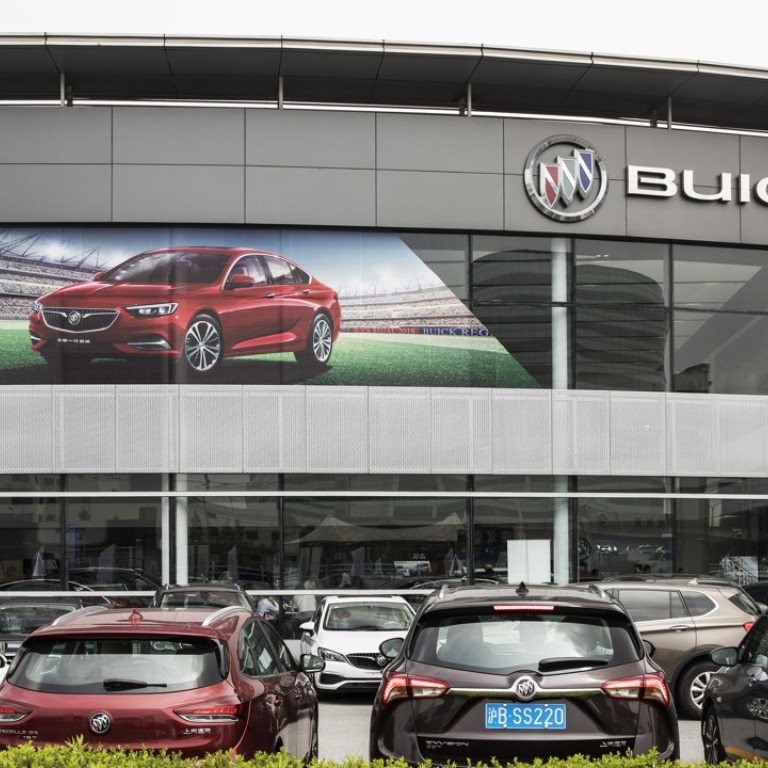
China weighs breaks for tariff-hit companies in the US trade war
Beijing says it might use the extra revenue from its duties to compensate affected firms and encourage importers to find substitutes for American imports
China has said it might help companies find alternatives to the United States for key imports such as soybean and cars, as it looks to offset the effects of punitive trade war tariffs.
In a statement late on Monday, the Ministry of Commerce also said it was considering ways to use the extra revenue from its tariffs on US goods to mitigate the cost of the trade action bourne by business and workers.
Other possible remedial action included a faster roll-out of various economic and investment incentives and ongoing assessments of the trade war’s impact on a range of sectors, the ministry said, adding that it welcomed public consultation.
“In the process of determining which US products should be subject to retaliatory tariffs, the Chinese side has fully considered substitution for imported goods and the overall impact on trade and investment,” the ministry said.

The statement comes just three days after the administration of US President Donald Trump slapped 25 per cent tariffs on US$34 billion worth Chinese hi-tech goods. The tariffs were aimed at China’s “Made in China 2025” industrial policy that Washington says is linked to China’s alleged theft of US intellectual property.
While the US sees the policy as part of an aggressive Chinese strategy to become a hi-tech superpower and undermine American dominance in the area, Beijing views the tariffs as an existential threat to its development.
Moments after the US tariffs were imposed, China retaliated with equivalent tariffs targeted at the Trump political heartland – the parts of the US that produce soybean, whiskey, and electric cars.
Chinese state media have downplayed the initial salvoes in the trade clash, highlighting the prospect of substituting US goods with supplies from other sources such as Brazil, Russia, and Southeast Asia.
But the impact had already been felt at Chinese ports, where customs officials have already begun collecting tariffs on targeted US goods, Reuters reported. At the port of Dalian, the Peak Pegasus ship failed to beat the clock to reach China before the new trade measures were enacted.
However, for soybean imports designated for Chinese state reserves, the government said it would reimburse buyers for the extra 25 per cent duties, according to a Bloomberg report.
Chinese exporters also scrambled to cope with the new measures, as companies from medical device sellers to toy manufacturers anticipated drops in their sales from the US, Associated Press reported.
The general manager of a medical device exporter that makes 15 to 20 per cent of its sales to the United States said he planned to fly there this week to negotiate with customers who stopped ordering its syringes and other equipment.
Wuxi Yushou Medical Devices, with a workforce of 500, stood to lose up to 40 million yuan (US$6 million) in annual revenue, AP reported, citing manager Miao Liping.
“[Without new orders] I will suspend making the products,” Miao said. “It is not easy for us to compete with low-end products in other countries.”

